Fish Farms at Sea: The Ground Truth from Google Earth

The fishing industry is notorious for underreporting the number of organisms that are being fished out of the world’s oceans every year. A study, published in the journal PLoS ONE, is the first to estimate seafood production using satellite imagery. Researchers used Google Earth to count and measure the number of coastal fish farms in 16 countries on the Mediterranean Sea.
Gabon: Tourism versus Oil Revenues
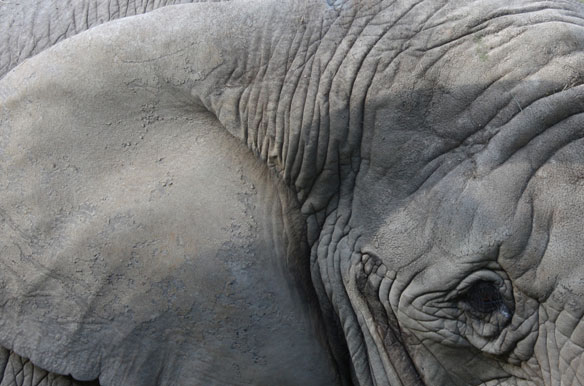
A decade ago Gabon set aside 10% of its land for national parks, to boost its economy by becoming Africa’s magnet for eco-tourists, and some, hoping that tourism can help Gabon reduce its long reliance on oil. Loango Park, called the ‘Land of surfing hippos’ held perhaps the greatest potential to lure tourists, given its rare wildlife and unusual coastal setting, but turning its natural assets into tourist cash has been tougher than expected.
Prince Charles Optimistic for Fisheries’ Future
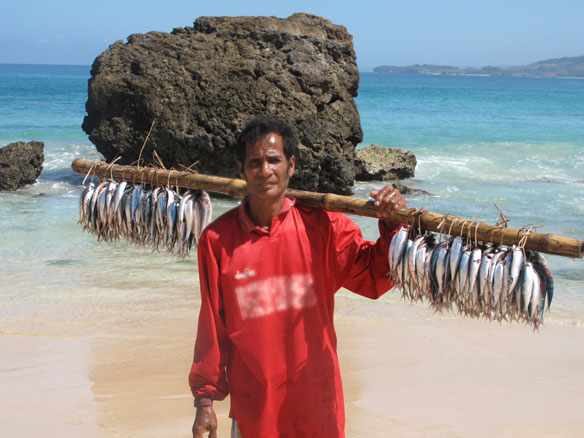
There are reasons for optimism about the future of the world’s fish stocks despite their currently dire state, said the Prince of Wales at the launch of a report from his green think-tank.
Residents split over dredging plan for giant cruise liners, UK
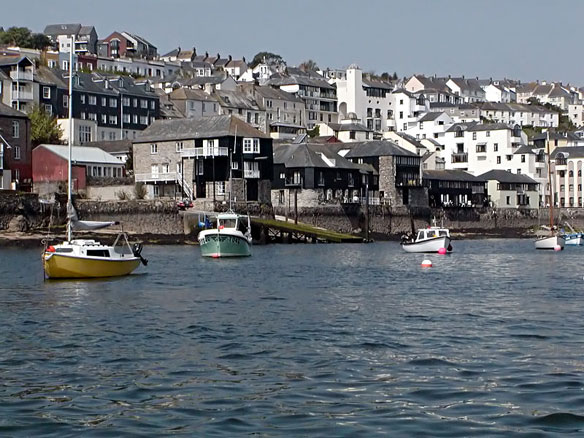
A controversial plan to dredge a channel through part of Falmouth Bay – one of England’s finest stretches of marine habitat- to open up the port to giant cruise ships, has caused consternation among conservationists and the dispute will test European rules to protect ecosystems.
Palm Beach County’s new beach erosion fight reignites sea turtle concerns
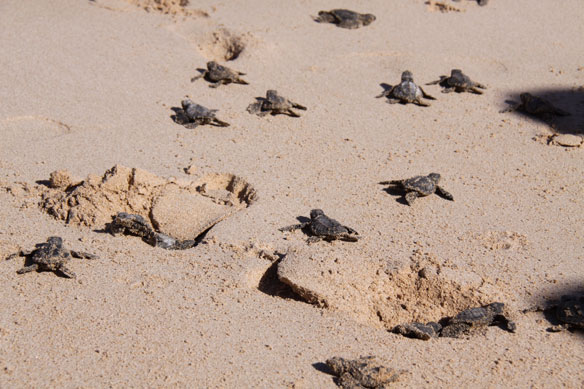
About two-thirds of Palm Beach County’s 46 miles of beach is considered “critically eroded,” according to state standards, and environmentalists question proposed beach erosion-fighting structures.
Are Jellyfish Increasing in the World’s Oceans? A UCSB Study
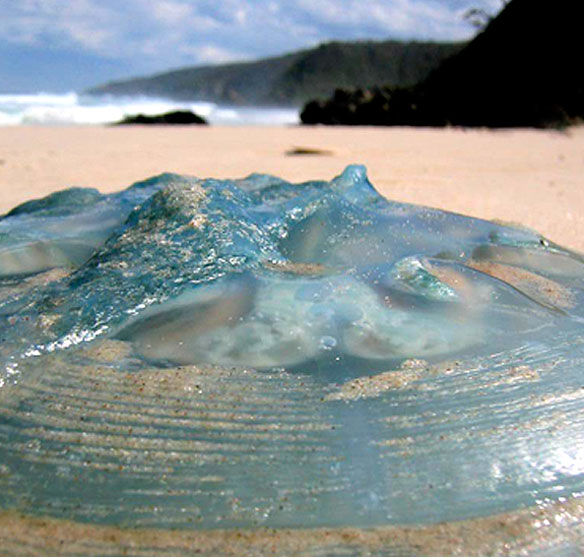
Blooms, or proliferation, of jellyfish have shown a substantial, visible impact on coastal populations, clogged nets for fishermen, stinging waters for tourists, even choked intake lines for power plants, and recent media reports have created a perception that the world’s oceans are experiencing increases in jellyfish due to human activities such as global warming and overharvesting of fish.
Malaysia Says to Rule Soon on Rare Earths Plant

A government ruling on whether Australian miner Lynas would be given the go-ahead for a controversial rare earths processing plant was expected within days.
Oil Spill Brings Attention to Delicate Gulf Coast
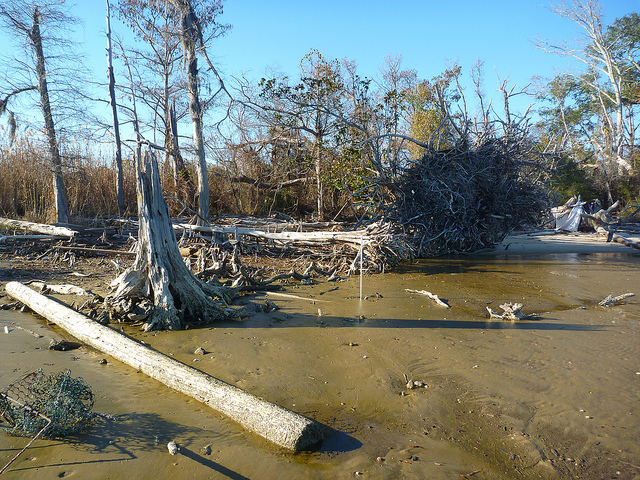
For decades, farmers and fishermen along the Gulf of Mexico watched as their sensitive ecosystem’s waters slowly got dirtier and islands eroded, all while the country largely ignored the slow, methodical ruin of an ecosystem vital to the U.S. economy…
Structural and Functional Loss in Restored Wetland Ecosystems
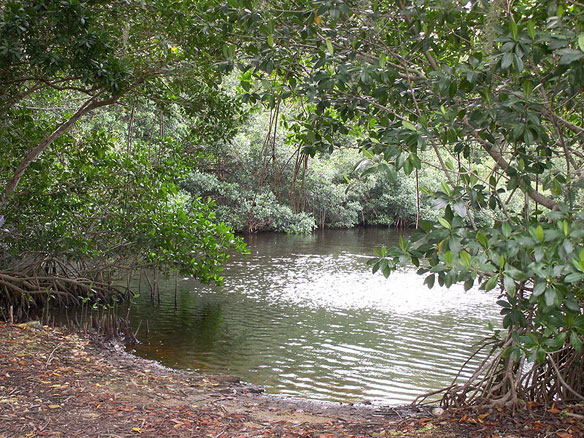
Wetlands are among the most productive and valuable ecosystems in the world, but because of human activities, over half of the wetland ecosystems existing in North America, Europe, Australia, and China in the early 20th century have been lost. Wetland restoration is a billion-dollar-a-year industry, that aims to create ecosystems similar to those that disappeared, but a new analysis of such projects shows that restored wetlands seldom reach the quality of a natural wetland.
